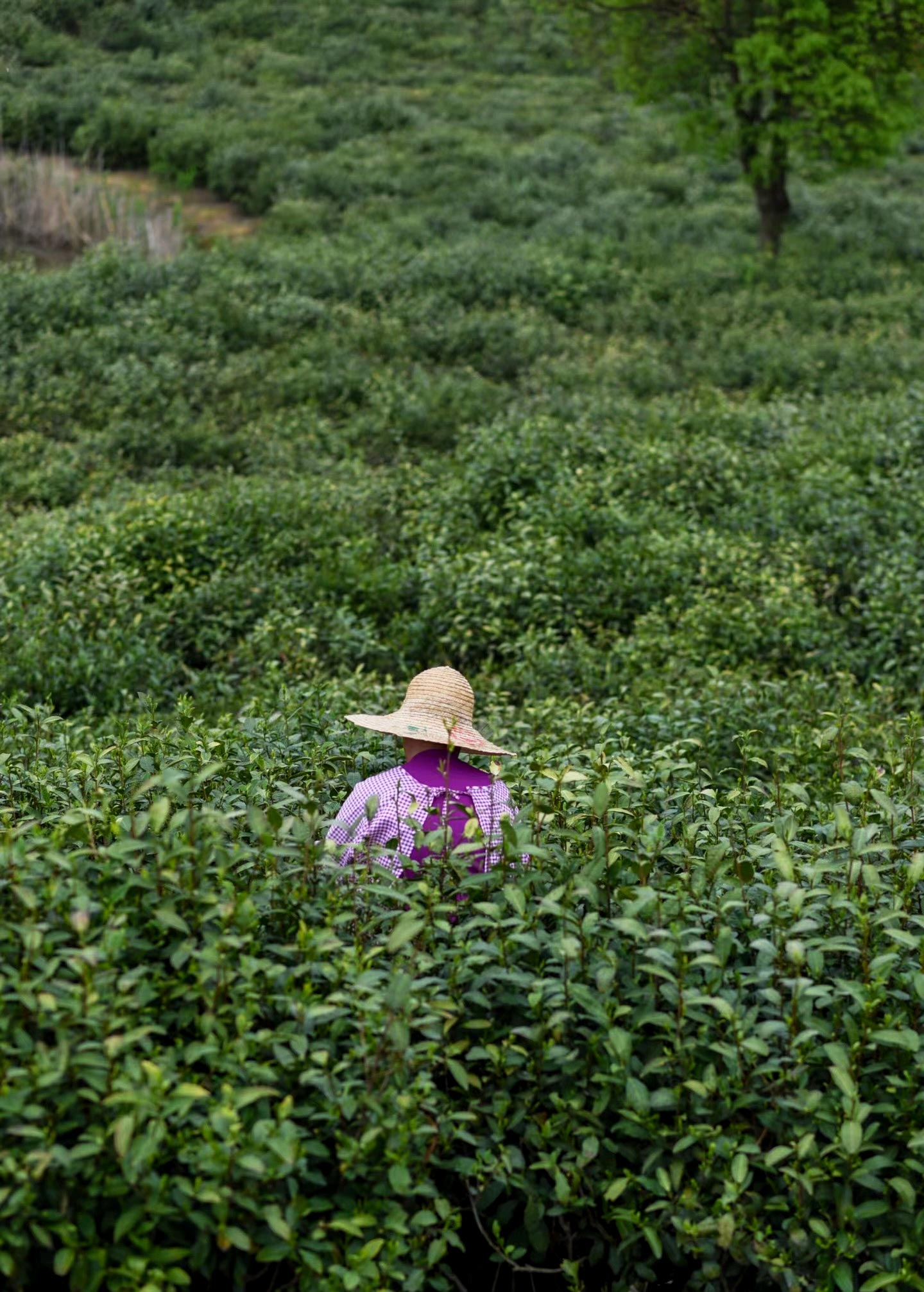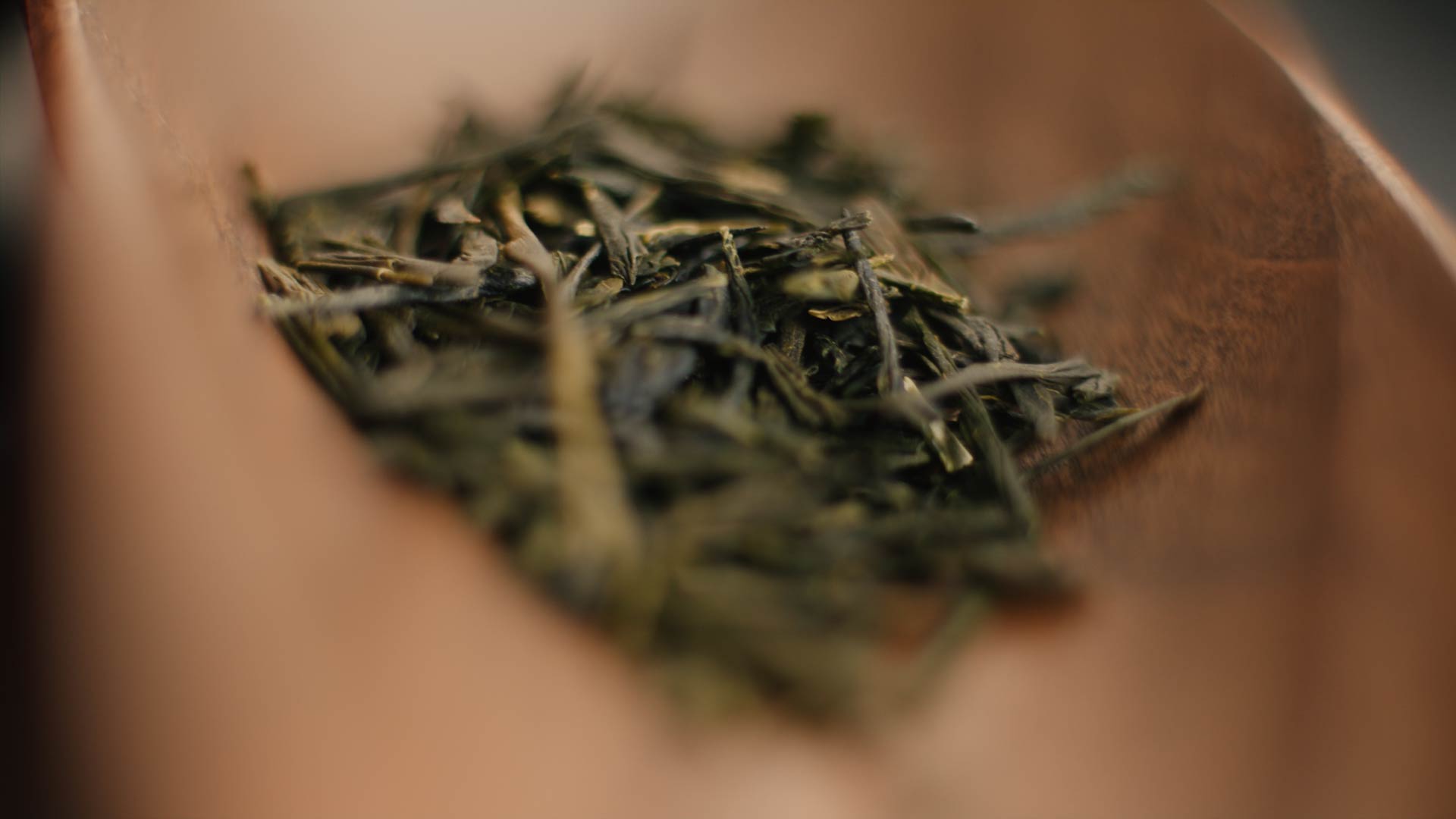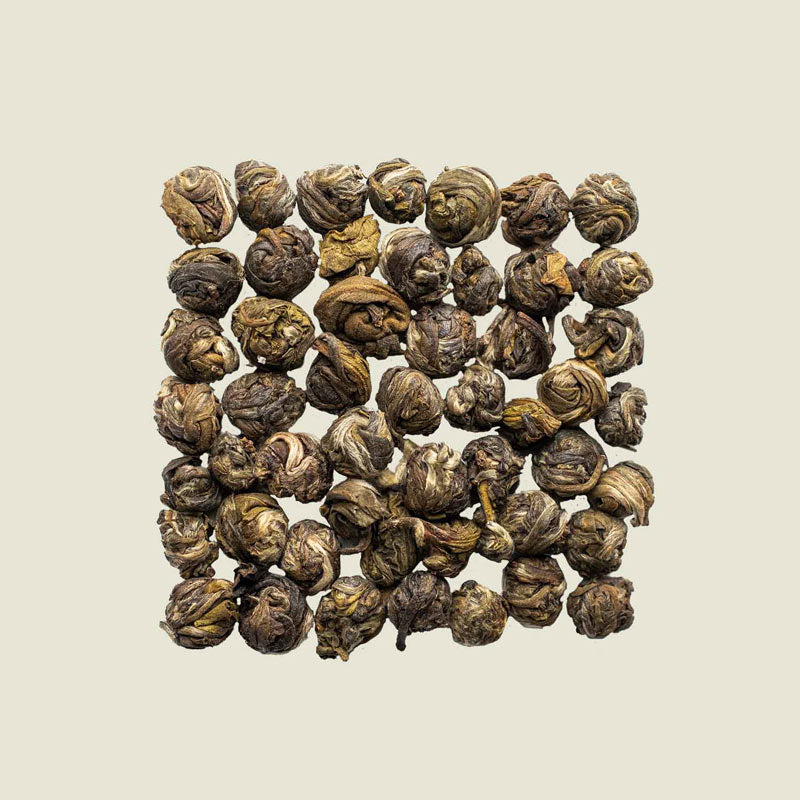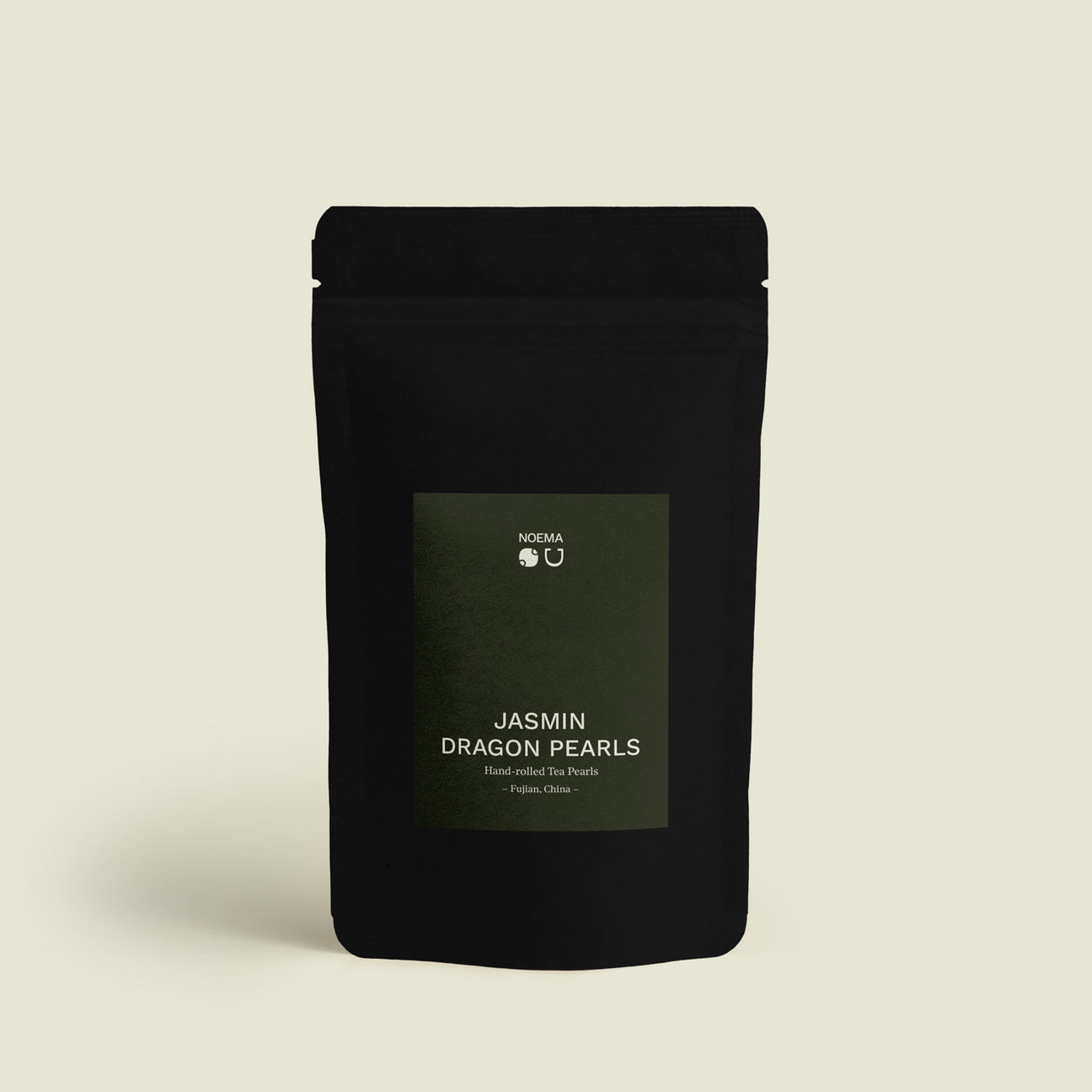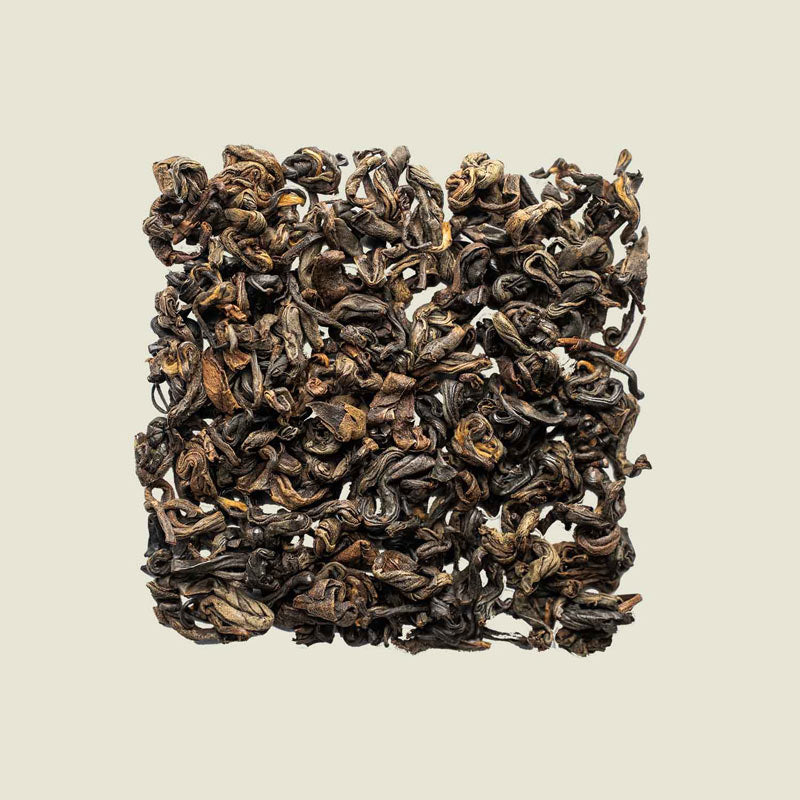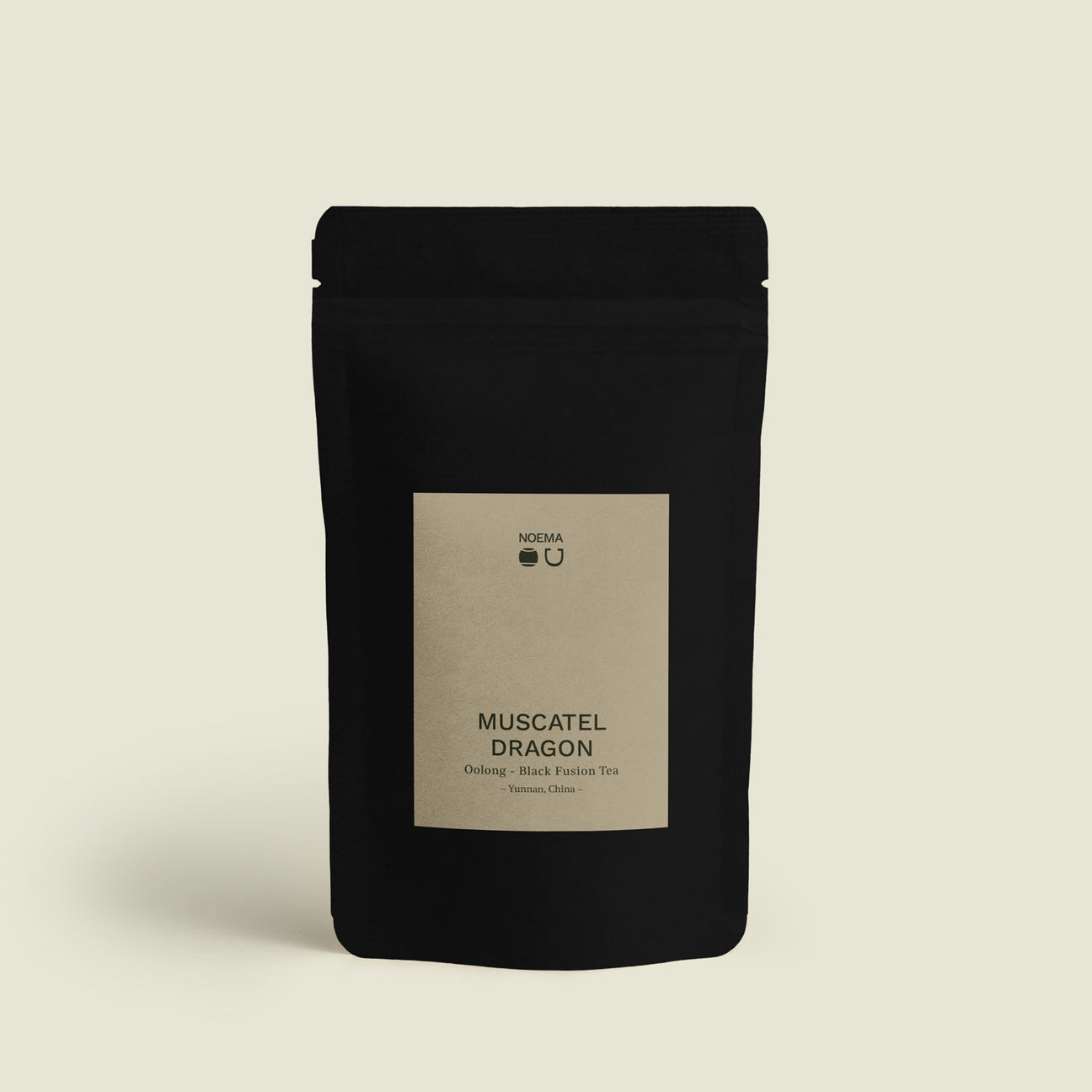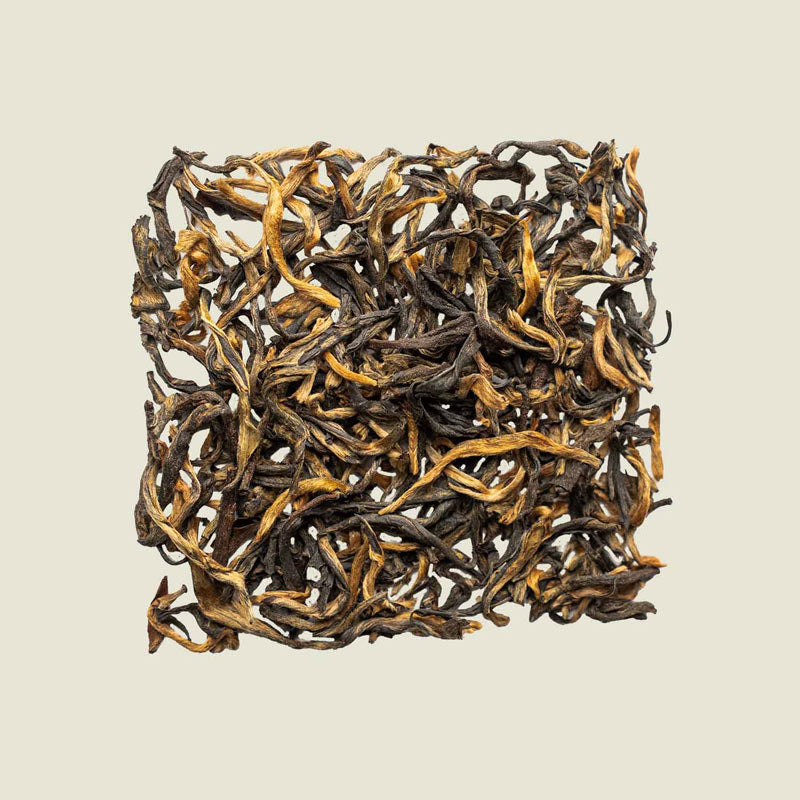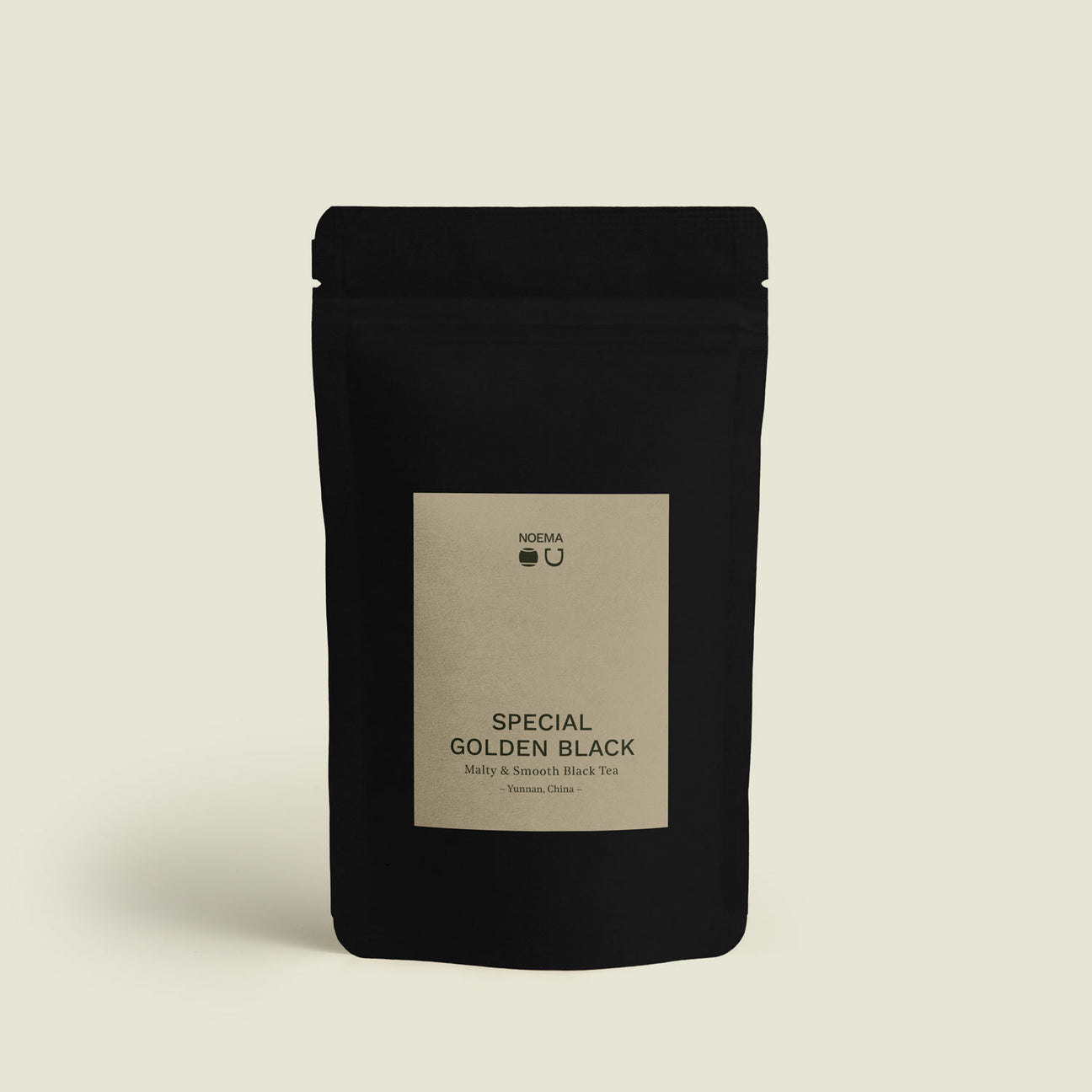Key Facts
- Bitterness in tea usually arises from water that is too hot, too long steeping time, or too much tea
- Especially sensitive: Green tea, Oolong & white tea
- The right temperature & dosage noticeably change the flavor
- Water quality and steeping vessels also play a role
1. The right water temperature
The finer the tea, the more careful you should be with the heat. Water that is too hot releases tannins that quickly taste bitter.
| Type of tea | Temperature Recommendation |
|---|---|
| Green tea | 70–80°C |
| Oolong | 85–95°C |
| Black tea | 90–95°C |
| White Tea | 70–85°C |
| Pu Erh | 95–100°C |
Tip: No thermometer? Let the water cool for 5–7 minutes after boiling.
2. Keep an eye on the steeping time
Too much time in water means too many bitter substances. Gradually approach the optimal time – better too short than too long.
| Type of tea | Steeping Time Recommendation |
| Green tea | 1–2 min. |
| Oolong | 2–3 min. (can be steeped multiple times) |
| Black tea | 3–4 min. |
| White Tea | 2–3 min. |
| Pu Erh | 20–60 sec. (multiple times) |
3. Pay attention to the right ratio
More tea = more flavor? Not always. Too high a dosage quickly leads to over-extraction.
Recommendation:
- 1 tsp (2–3 g) per 250 ml of water
- For heavily rolled Oolongs: a little more
- For Pu Erh Mini Tuo Chas: one Tuo per pot
4. Water quality makes the difference
Hard water with a lot of lime can overshadow fine notes and enhance bitterness. Use if possible:
- Filtered or still mineral water
- No carbonated water
- No stale water
5. How to steep tea properly: With or without a lid?
Oolong and green tea benefit from a lid to maintain temperature. Black tea and Pu Erh can also steep uncovered.
You can find out more in the article: Let the tee draw properly: With or without a lid?



